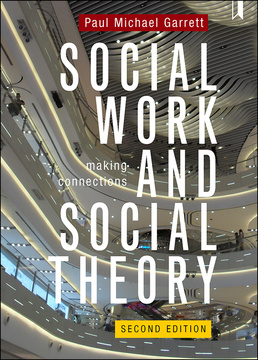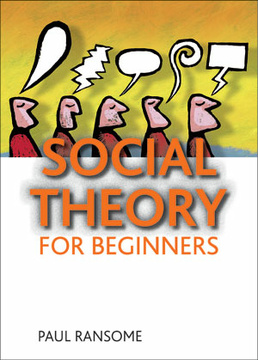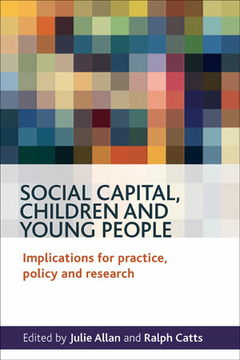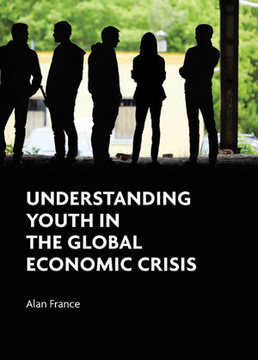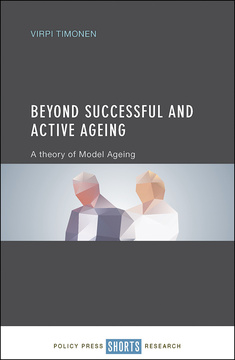Published
Jul 29, 2020Page count
194 pagesISBN
978-1529206616Dimensions
203 x 127 mmImprint
Bristol University PressPublished
Jul 29, 2020Page count
194 pagesISBN
978-1529206647Imprint
Bristol University PressPublished
Jul 29, 2020Page count
194 pagesISBN
978-1529206647Imprint
Bristol University PressSteven Threadgold’s study represents the first comprehensive engagement of Pierre Bourdieu’s influential sociology with affect theory.
With empirical research and examples from sociology, it develops a theory of “Affective Affinities,” deepening our understanding of how everyday moments contribute to the construction and remaking of social class and aspects of inequalities. It identifies new ways to consider the strengths and weaknesses of Bourdieusian principles and their interaction with new developments in social theory.
This is a stimulating read for students, researchers and academics across studies in youth, education, labour markets, pop culture, media, consumption and taste.
Threadgold's tour de force through the key concepts in Bourdieu’s work is both convincing and innovative. He successfully highlights and develops affective dimensions of Bourdieu’s concepts." Signe Ravn, University of Melbourne.
"This project takes existing scholarship forward by truly initiating a dialogue between scholars of Bourdieu and specialists of affect theory." Geoffrey Mead, University of Melbourne
“Threadgold writes with a clear, authentic and authoritative voice, combining rich theoretical thinking with everyday illustrative examples of theory in action.” Journal of Applied Youth Studies
Steven Threadgold is Senior Lecturer in Sociology and Anthropology at the University of Newcastle, Australia. His research focusses on youth and class, with interests in unequal and alternate career trajectories; underground and independent creative scenes; and cultural formations of taste.
Introduction: Towards a Bourdieusian Sociology of Affective Practice
Illusio, Social Gravity and Social Magic: Motivation and Aspirations
Habitus: An Effective Resevoir of Immanent Dispositions
Fields, Settings, Atmospheres
The Affectivity of the Forms of Capitals
Symbolic Violence and Affective Affinities
Statis and Change: Innovators, Affective Poles, Reflexivity, Irony
Homo Economicus Must Die: Towards a Figure of the Accumulated Being
Conclusion










